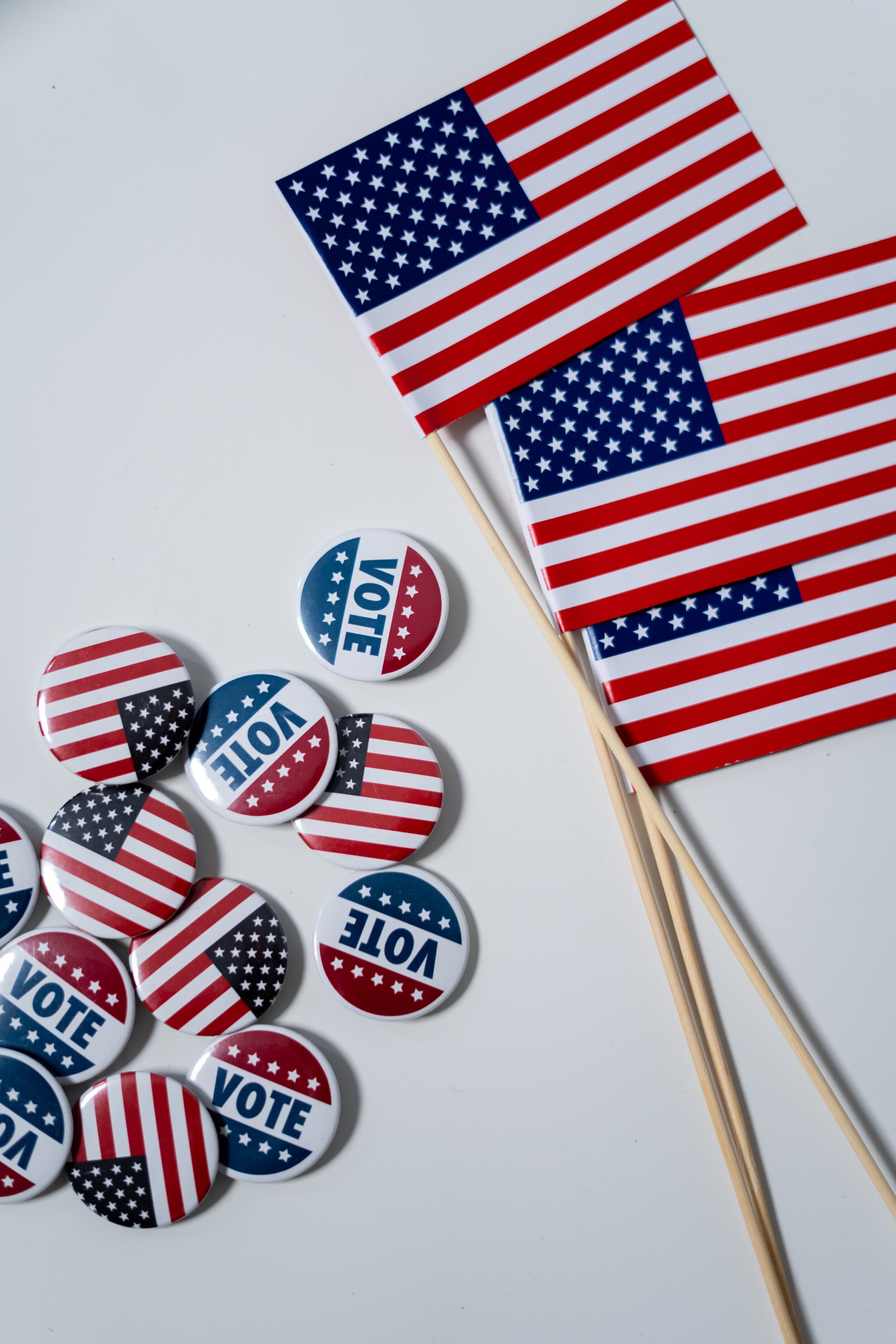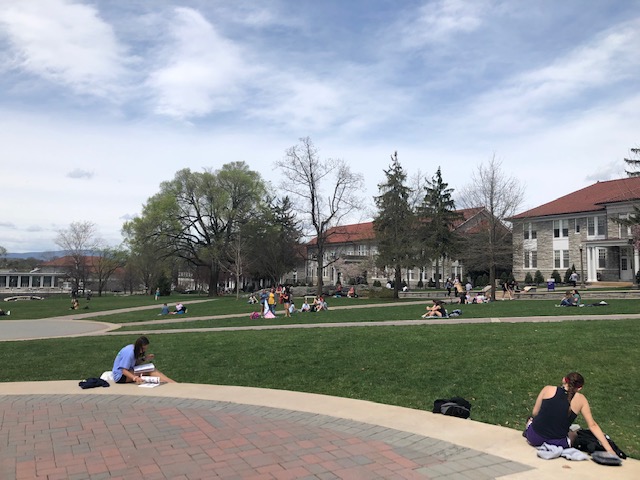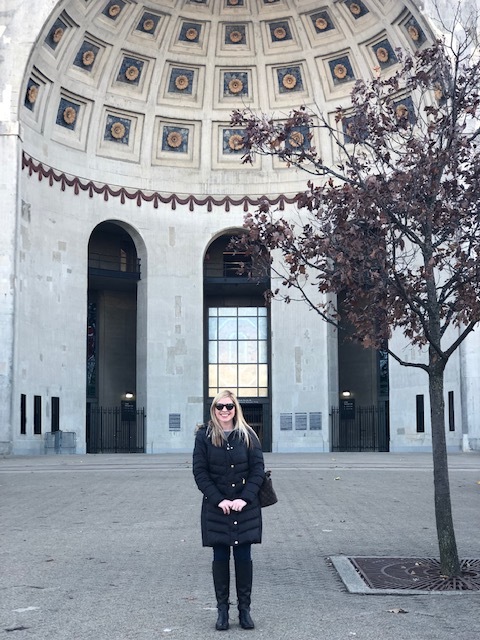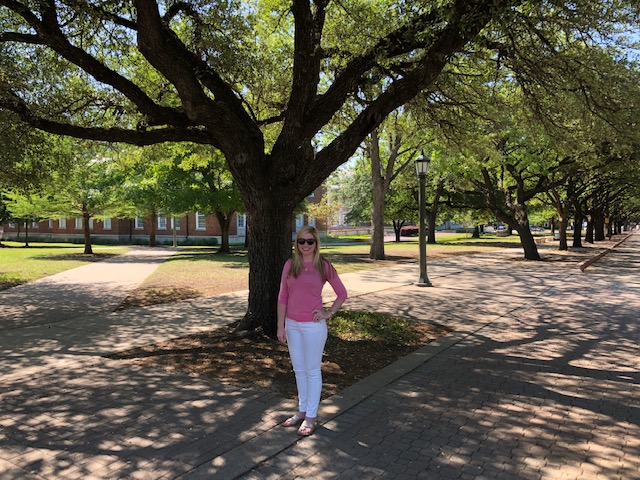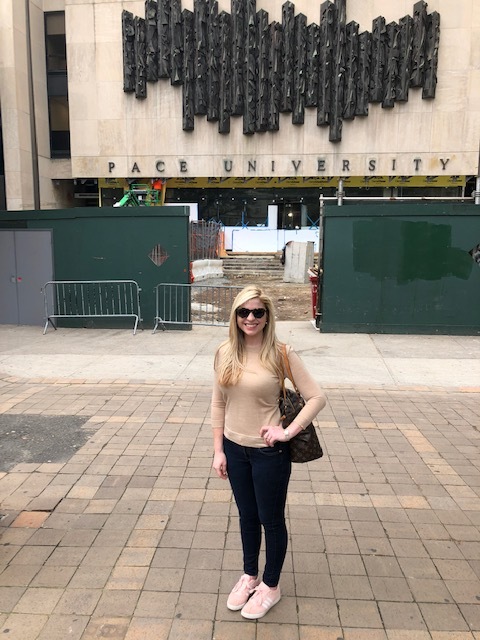As we transition over to the active stage of the application process with all of our Class of 2023 juniors this fall, we’re working hard to help them build their college lists! We’d love to share some tips to consider as you work toward building a balanced list (and if you are visiting colleges now as a senior, don’t forget to check out our tips for choosing your college for more help with those visits!).
One major source of anxiety that we hear about from students and families all the time is not having options. Students are nervous that come decision time, they will feel “stuck” with a choice that they don’t love. The problem is usually that the student has a list of only super-selective schools. And while every student should absolutely apply to one or more of what we call “dream reaches,” there are often dozens of schools where the student could be equally (or more!) happy and successful.
The other common mistake that students make is having just one “safety” school - that they would never want to attend! Yes, it is important to have less selective options, usually more than one, but that doesn’t mean that you should throw a school on there just to have one. With just a bit of extra research (or help from a counselor), you can find safety schools that actually meet your criteria, where you’d be excited to attend! The goal is that every school on your list is there for a reason beyond, “Well, I could probably get in.”
So if you are looking to build a list of colleges that makes you feel like you’ve got a TON of great opportunities, follow these tips:
1. Start early
Now really is the time to start building a list - we’ll start brainstorming with our class of 2023 students in a few weeks! When you start early, the process becomes a lot more fun and a lot less stressful. You can also capitalize on fall and winter breaks at school to visit campuses, and make sure that you don’t miss any important info sessions or college visits to your high school.
2. Get to know yourself
During our first brainstorming meeting with students, we ask a TON of questions! We want to get to know exactly what our clients are looking for in their schools - from academics, to extracurriculars, to community experience. There are so many different areas of consideration when choosing a college, and it is helpful to have a sense of what you are looking for, and what is an absolute deal-breaker.
Secondly, make sure you know how important those characteristics are. We put different aspects in four categories: Must Have, No Way, Would Be Nice, and Don’t Love. That way, we know exactly how important each characteristic is to a particular student. One student might prefer a suburban environment, but be willing to attend a rural school if it has a specific program or major. For another student, a city school is a Must Have - if it’s rural, they’re not going! Make sure you know what your priorities are so that you can build your list accordingly.
3. Do your research
Once you have some idea of the type of school that interests you, you can begin research. There are websites and free resources online that can be very helpful (we particularly like the Princeton Review), as well as paid resources like the Fiske Guide that you may also be able to borrow from your school counselor or local library.
But of course, nothing beats a visit to the school! Some campuses are open now for in-person visits, while others are remaining virtual. Whether you do a tour in person or online, taking the time to really learn about the campus and community is the best way to figure out whether it matches your criteria. Also, in-person visits are the number one place that we see students’ criteria change - you may think you want a mid-size school, but realize after a few visits that a smaller campus is the best fit for you.
4. Check your balance
We recommend at least two likely/safety schools and at least three target schools to make up the base of your list. Once you have this foundation, you can build on some reach or “dream reach” schools. But without that core of likelies and targets, you are putting unnecessary pressure on yourself - if your mindset is “If I don’t get in, I’ll be miserable!” it is a lot harder to enjoy the process.
5. Check your own time!
Careful not to go too far with the list - be mindful of your time and other commitments. Again, the earlier you start, the easier this will be, but keep in mind that some schools can have six or more supplemental essays, and they add up quickly! We try for a list of 8-10 schools with our students, though of course there is always some range depending on the individual student’s needs. Just keep in mind that if you are planning on applying to 20 different schools, you will need to be prepared to complete the work.
Building your college list should be a fun part of the process, not a stressful one. Follow these tips and you’ll be well on your way to a list that makes you feel happy and excited about the rest of the process! If you’d like to learn more about how we can help, book a Meet & Greet to discuss our brainstorming process in more depth.














